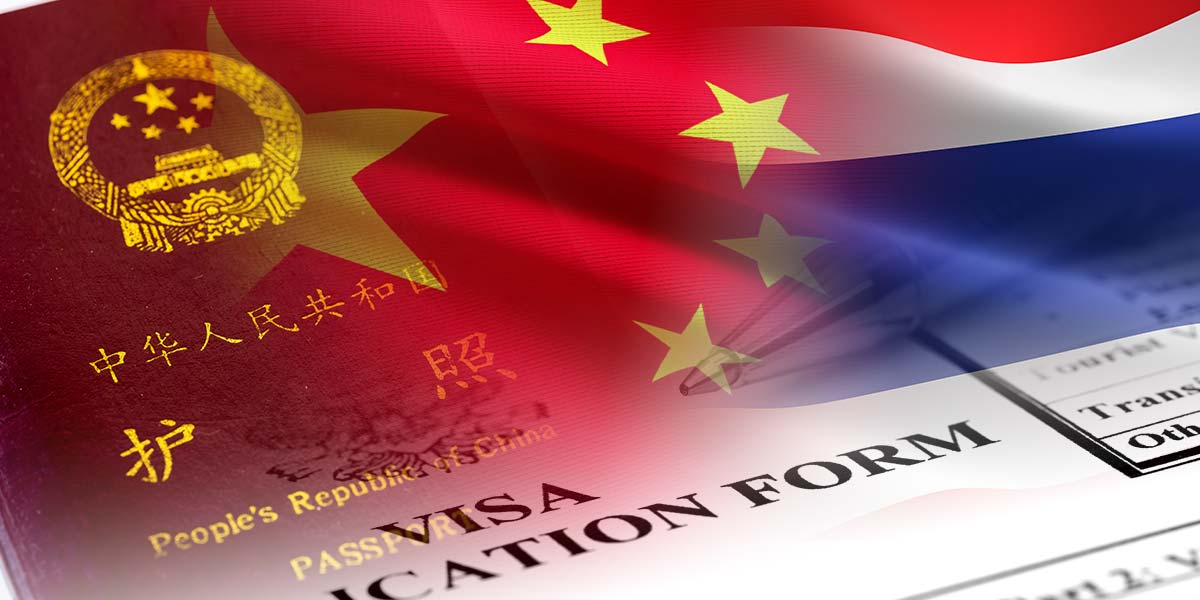The most recent high-profile kidnapping incident of a Chinese actor in Northern Thailand has soured confidence among tourists and led to debates on revisiting the visa-free policy.
The incident has led to some flight cancellations by tourist and a couple of events being cancelled, prompting Thailand’s Prime Minister Paetongtarn Shinawatra to personally ensure that the country is safe for travelers.
The kidnapping of Chinese actor Wang Xing was widely reported in China, highlighting the growing organized criminal activity in Thailand’s border regions with Laos and Myanmar, which also infamously hosted online scam centers and illegal gambling rings, said Thai Senator Wanchai Ekpornpichit.
In 2023, the Chinese were granted free visa entry to bolster tourism. The measure, while leading to a spike in travelers, is still below the pre-pandemic levels.
The ease of entry also has a side effect of increasing criminal activity targeting tourists.
The majority of the criminal activity was transnational crime, a portion of which was from Chinese criminals using Thailand as their base of operation, said Wanchai. He also added that the reputation is also impacting national security and tourism.
Some groups in the Thai tourist industry have petitioned to reduce the visa-free stay period for Chinese nationals down from 60 days to 15 days.
Adith Chairattananon from the Association of Thai Travel Agents said in support of the proposal that the reduction would not impact legitimate travelers as Chinese tourists usually spend around 7-8 days in Thailand.
Among the most infamous cases of Chinese criminal operation in Thailand is the “gray-area” business conducted in the country, these businesses were either illegal or being used as a money laundering scheme, most of which were as exampled:
1) The Zero-Dollar Tour scheme, which involves Chinese tour agencies, offers a low-to-free-cost tour guide to Chinese tourists. These agencies often make a profit through commissions from curated or agency-operated vendors and tourist destinations.
The scheme siphoned revenues away from the local economy to be sent back to their home country while tarnishing the host country’s reputation due to the curated or agency’s operated location either selling low-quality products or offering poor services.
There have been many attempts to crack down on the Zero-Dollar Tour scheme, such as the case in 2016, when there were mass arrests of business operators for allegedly operating a secret society, running a tour guide business that caused damage to the tourism industry, committing tourist frauds, and operating unlicensed tour businesses. Some were even accused of money laundering.
The mass arrest resulted in a 40-50% loss in Chinese tourists in Thailand. Many tour agencies were reluctant to offer service to Chinese tourists, and many small business operators, such as small hotels whose main guests are Chinese tourists, were heavily affected by the loss.
2) The Zero-Dollar Delivery scheme, which involved a jointly held company by Chinese and hired Thai nominees, the scheme would exploit Thailand’s open attitude toward logistical business to undercut competition from the Thai delivery business. In 2024, there are an estimated of around 10,000 Chinese trucks operating in Thailand and this is forecasted to increase to 20,000 Chinese trucks in 2025.
3) The counterfeit factory in Thailand, Chinese criminals would set up factories with machine tools, materials, and labor from China in a rural or sparsely populated area in Thailand, to produce counterfeit both unbranded and branded, and then use online platforms to sell the products, with all revenue sent back to China.
However, Sorawong Thienthong, Minister of Tourism and Sports, said that there are no discussions about revisiting the visa-free policy specifically toward Chinese nationals, as such measures would be highly difficult. Currently, the ministry is controlling the situation to prevent Thailand from being used as a base for criminal activity towards the Chinese.
Sorawong also added that the previous incidents did not happen toward Chinese tourists, but rather toward victims of employment fraud, as such the National Police has taken care of the cases.
The tourism minister then emphasized that five Tourism Authority of Thailand (TAT) offices in China are working around the clock to solve the issue. Early next month, the Prime Minister will also visit China and will be meeting with high-ranking officials to discuss trade and attend the opening of the 2025 winter Olympics at Harbin.





